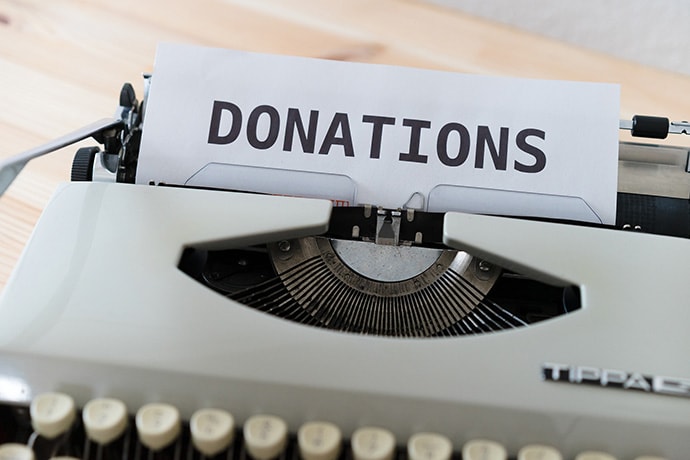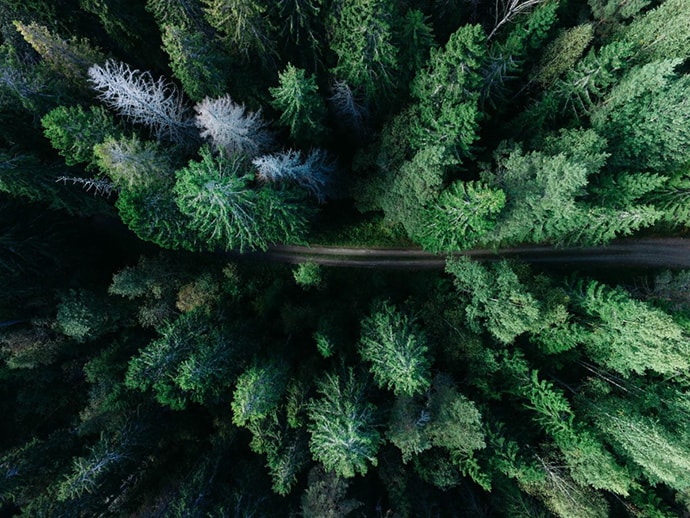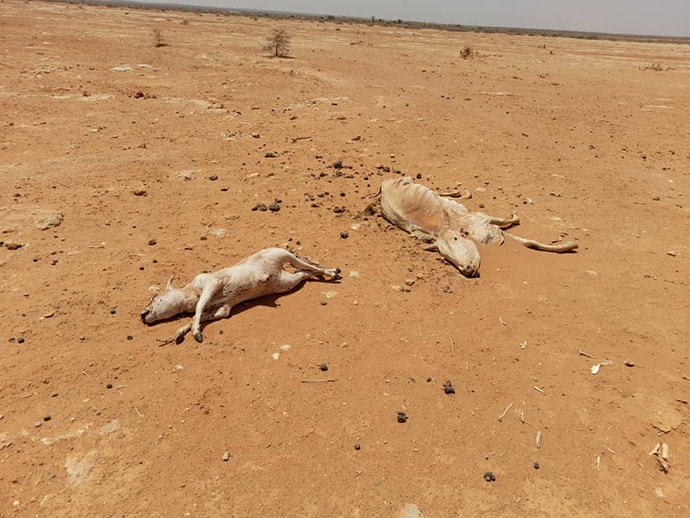Posted on July 1, 2022
By Bill Taylor, Founder, SE Asia Foundation

As our work with the SE Asia Foundation continues to mature, I’m often asked about how one can know if their charitable donations are doing all the good they expect. Usually, I just answer such inquiries with a top-of-the-head response. But recently a friend wanted to delve more deeply into that question so I decided I’d better put my thoughts together more concisely. So, here you go: Ten serious mistakes to avoid when giving, followed by one positive suggestion.
Continue Reading
Posted on June 21, 2022
By Earthworm Foundation, reprinted with permission

3M, Mars, Nestlé and Earthworm Foundation are partnering with the Tsay Keh Dene First Nation in British Columbia, Canada to help respect their rights to decide how their territory is managed. This includes protecting key areas in their territory from unwanted harvesting for pulp and paper or other industrial activities.
Continue Reading
Posted on May 31, 2022
Millions in Horn of Africa are in dire need of innovative water solutions
By Cathy Herholdt, World Concern Senior Communications Director

Dead livestock in Somalia. Photo: World Concern.
Here in Western Washington, we have a tendency – a compulsion, maybe even – to complain about the weather. Understandable this year especially, as we’ve had an unusually cool, damp spring.
Just last evening, I went for a walk in my neighborhood, as I do most evenings. It was sprinkling when I left the house just before dinner, but by the time I got a half mile from home, the sky opened up and unleashed a torrent of rain on me. At first, I sighed in frustration and headed back home, but as the water ran off the hood of my rain jacket, I paused and looked up, letting the water run down my face.
Continue Reading


